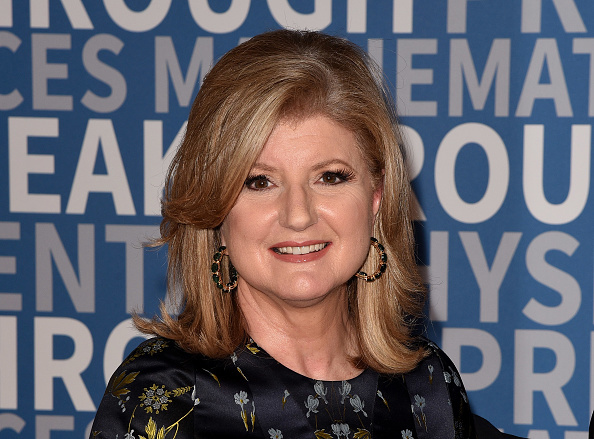Since 1949, May has been Mental Health Month. And in those 70 years, much has changed — mental health has moved from the margins to the mainstream of our national conversation. Celebrities are opening up about their own struggles. Mental health has become the dominant theme of campus life. Elite athletes are stepping up to show that being open about mental health challenges is not a weakness.
And that’s great, because the fact that we’re in a mental health crisis is undeniable. According to the World Health Organization, depression is the world’s leading cause of disability, affecting over 300 million people. And according to the 2018 Lancet Commission on mental health, over 13 million deaths could be avoided if the underlying mental illness problems were addressed.
In the U.S. alone, according to the Centers for Disease Control, suicide rates have gone up 25 per cent in the last 20 years, and in the last 10 years, depression and anxiety among teenagers have gone up by 60 per cent and the suicide rate has increased by 70 per cent.
So yes, we absolutely need to continue to break the stigma of mental health. And we need much wider access to mental health treatments and more funding.
But we can also mark Mental Health Month by reminding ourselves of ways we can all prioritise our mental health in our everyday lives. This will be one of the themes of Thrive Global’s coverage of Mental Health Month, which we’ll be featuring throughout the month of May.
So much of Thrive’s discussion around health and well-being is about downstream harm-reduction, focusing only on what are really symptoms of a larger problem. For instance, right now, according to the Centers for Disease Control and Prevention, 75 per cent of our health care spending goes toward the treatment of conditions that can be managed and prevented, like heart disease and diabetes.
When you include mental health, it goes up to 90 per cent. So the answer is to go upstream — that’s where making even small changes to our everyday lives can have dramatic effects on our long-term mental health.
One of the other changes in mental health, especially in the last decade, is our growing addiction to social media, games and our phones and the impact this has on our mental health. We’re now much more aware of the ways in which our “always on” culture is driving the global epidemic of stress and burnout.
And this should also be part of our mental health discussion. We now know that screen time is connected to unhappiness and that overuse of social media is associated with depression, poor sleep, low self-esteem, and a decrease in mood.
But it’s possible to take control of our relationship with technology. And the best way to do that is to start small. At Thrive Global, our behaviour change philosophy is rooted in Microsteps — science-backed changes that are too small-to-fail and can be incorporated into our daily life right away.
So this month is a great occasion to prioritise our own mental health by going upstream and making small changes that will allow us to unplug and recharge. Here are a few of my favourite Microsteps:
• Pick a time at night when you turn off your devices — and gently escort them out of your bedroom!
Our phones are repositories of everything we need to put away to allow us to sleep — our to-do lists, our inboxes, the demands of the world. Disconnecting from the digital world will help you sleep better, and make you calmer and less anxious the next day.
• Turn off all your notifications, except those from people who might need to get your attention.
The more our phone buzzes at us, the more it conditions us to release cortisol, the “stress hormone.” Adjust your settings so that you get notifications only from people important to you.
• Do an audit of your phone’s home screen to reduce time-sapping distractions.
Take just a few minutes to determine which apps you really need to access. Keep only “tools” that add value — not apps designed to consume more of your attention.
Remember, even though we live in a stressful world, there are ways we can safeguard and nurture our mental health to meet the daily challenges that come our way. Let’s make every month mental health month.
Want to share your story of how you thrive? Write to us at [email protected]


